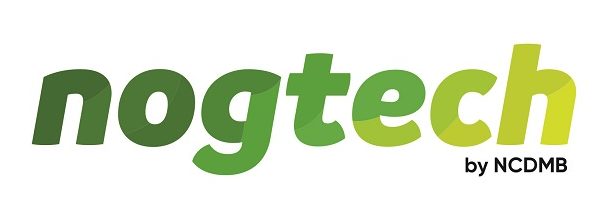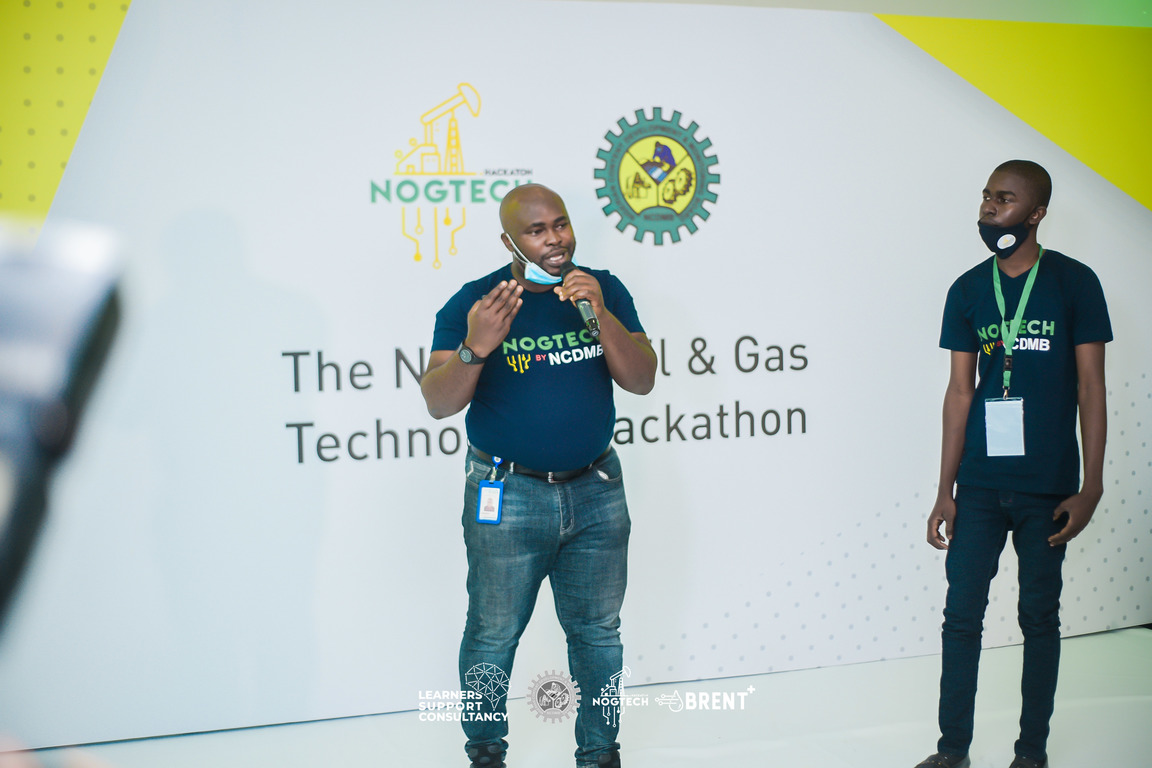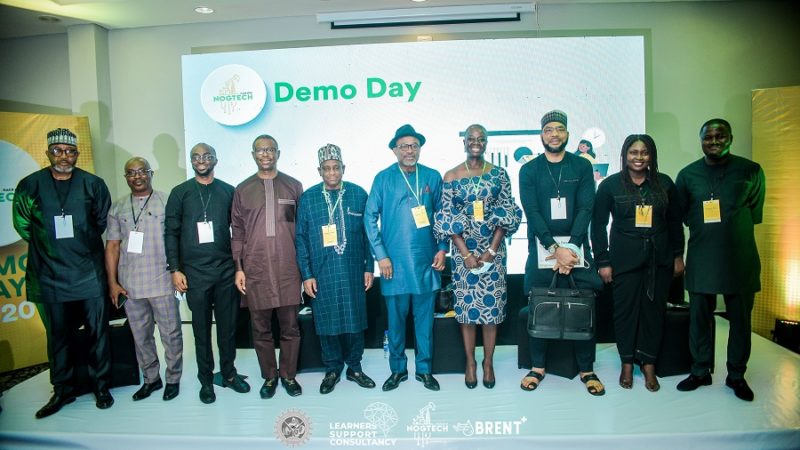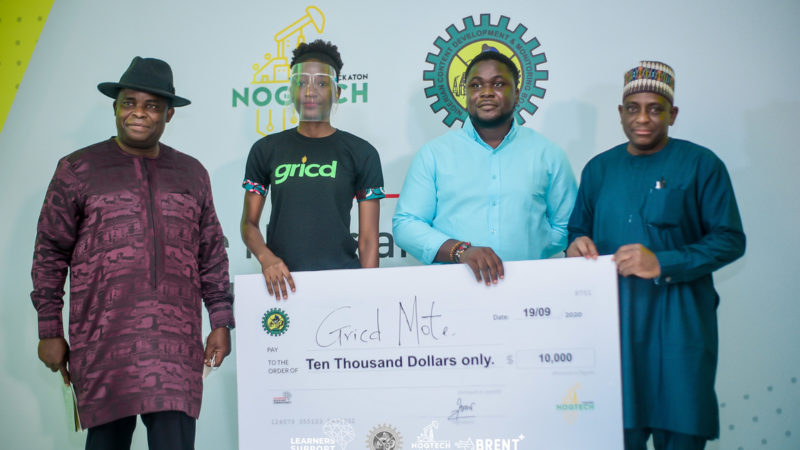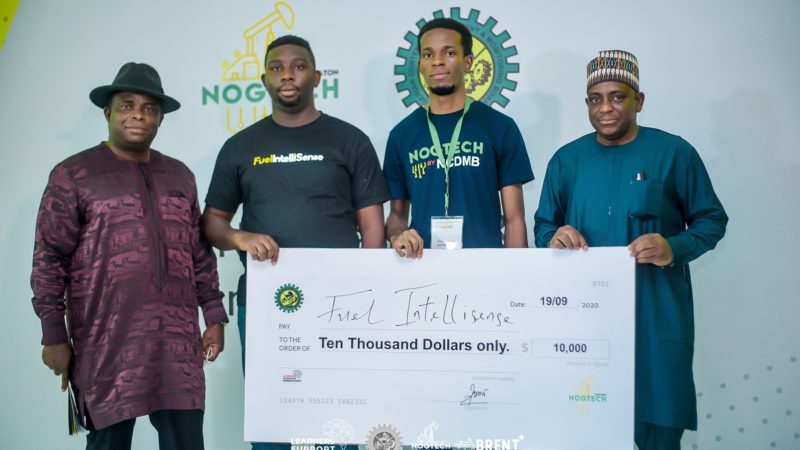KiakiaGas 360 to digitise the liquefied petroleum gas supply chain
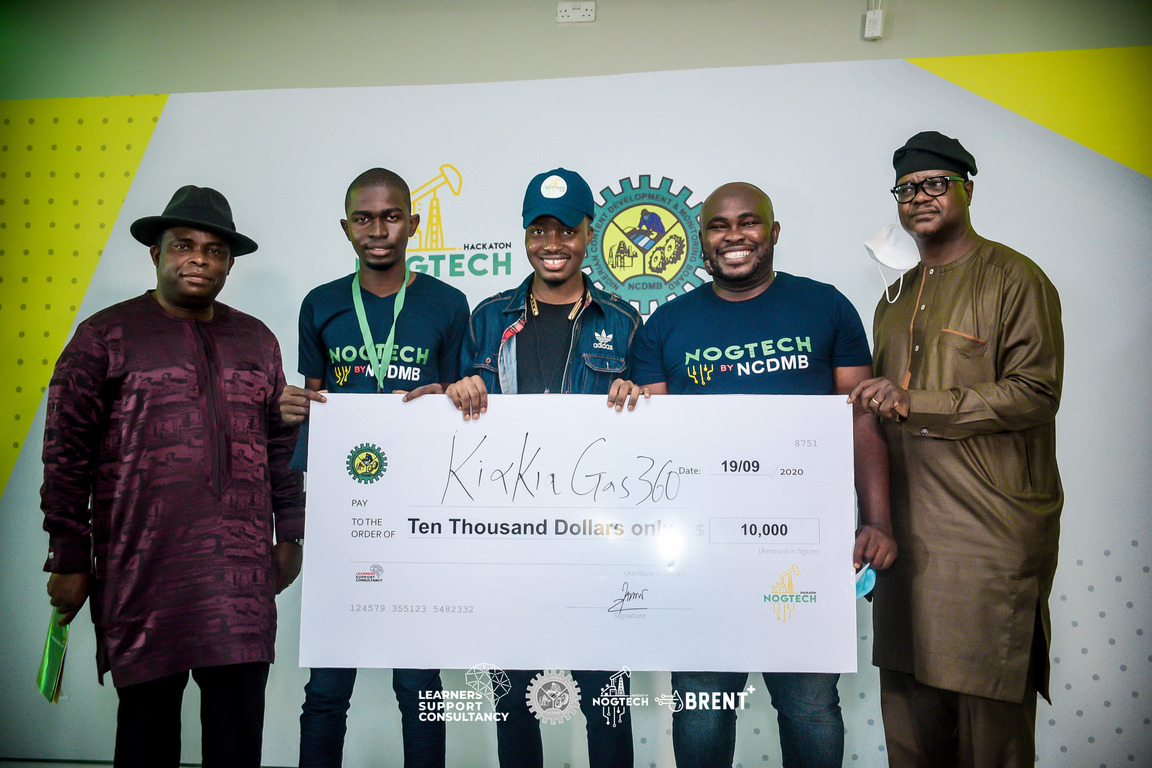
Picture this. After a very long day at work, you went through the hustle and bustle of jumping buses to commute and upon arrival at home, you thought to prepare a really quick meal to placate your hunger. While this seems like a good idea, little did you know that your cooking gas has plans to run out while cooking.
Retrospectively, it’s without a doubt that two in ten households run out of cooking gas when they don’t expect hence ruining their meal. This is a problem the KiakiaGas team has recognised and figured out a solution to this commonly faced challenges.
Let’s see how the team is solving this problem and how far they’ve succeeded in the oil and gas industry.
What exactly inspired KiakiaGas?
Emmanuel Uwandu: KiakiaGas was born out of the need for end-users in Nigeria. We all have faced the issue of cooking at odd hours and running out of gas. In 2019, I had a personal experience during Christmas where we ran out gas when preparing our Christmas meal. There was no gas plant available during that time so our Christmas holiday was messed up. That experience spurred our thinking on how we could solve the problem permanently where people no longer have to run out of gas and get to monitor their gas real-time.
Also, as a supplier, we want to be able to give the customer an extra layer of comfort by tracking their consumption and supplying gas before they ever run out of gas. That was the inspiration for us.
What was the solution to the problem you discovered?
Emmanuel Uwandu: We developed a device that tracks LPG (Liquefied Petroleum Gas) consumption in real-time. All they need to do is order gas from KiakiaGas and we deliver it to their home at no cost. The customers will be able to monitor their gas usage and we will also monitor it remotely. When they are running out of gas, we call them to confirm when they will be available to deliver gas. This process of monitoring their gas is automated so we make it very seamless.
How has the market responded to this product?
Emmanuel Uwandu: We are still in the testing phase and before the end of next month, we will be able to come back with our experience in the market.
How can a regular user access your product?
Ore Owolabi: We have the application and users can download it on their phones to access the product. Asides this, we have a web platform where they can place orders. We are also working on other channels for users who may not be able to access these platforms.
Don’t you think that the LPG market is quite saturated?
Emmanuel Uwandu: The current LPG data we have shows that Nigeria has the market penetration of about 10% and the country is estimated to have 40 million households. This means that about 4 million people just consume gas.
In this light, what differentiates us from other suppliers is that we are democratising energy access. We are the first company in Nigeria that will monitor LPG usage in real-time. Everyone is using the manual process where customers go to gas plants to buy and roadside retailers deliver to the home. Nobody is using technology to optimise distribution and supply.
How is this different from what Homefort Energy is doing?
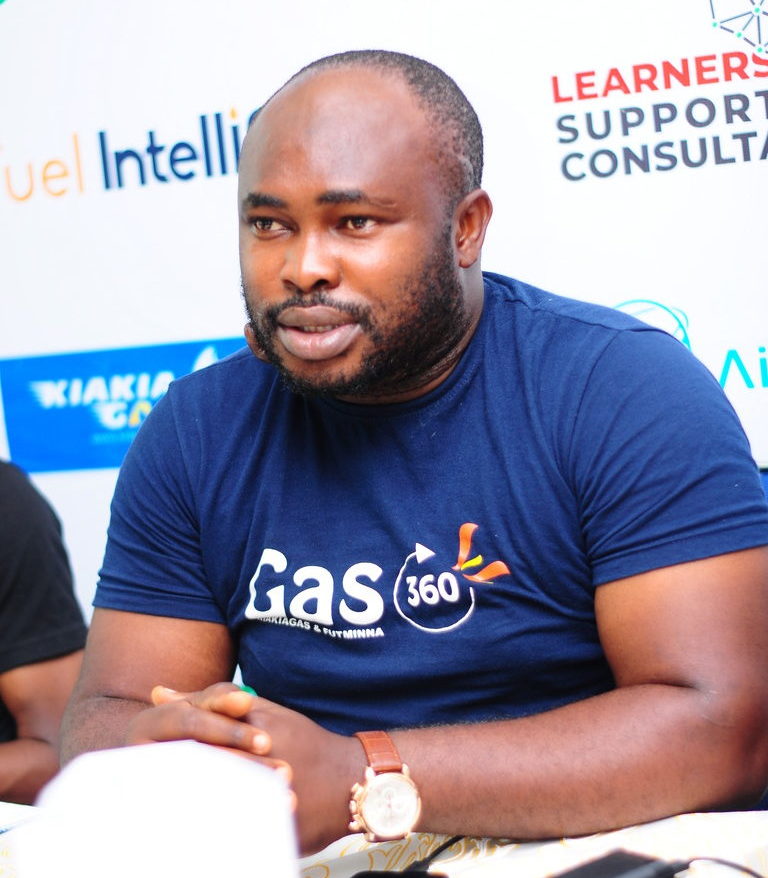
Emmanuel Uwandu: Homefort is into the micro-retail aspect which means customers can buy gas in small quantities. Their model is centred around putting the cylinder in the customer’s house and they can buy gas as low as ₦100.
But for KiakiaGas, with the understanding of the market, we know that customers already buy gas in small quantities from gas plants. The most important thing for customers is monitoring their gas consumption and delivering gas to them in real-time. It will also reduce the cost of distribution because data helps optimise everything.
This differentiates us from Homefort but apparently, we are going to be the two new companies on the block as far as LPG is concerned.
What are your challenges so far?
Emmanuel Uwandu: We don’t see any other thing as a challenge we can’t solve. Our challenge primarily is improving our storage capacity because the way to cut costs will be to build a supply chain that works to reduce cost on all sides and be able to deliver to customers. Another thing we see as a major challenge is how to optimise the supplier aspect to get gas in the cheapest possible way so we can deliver value to customers.
Does this mean that competitors can’t easily replicate the solution you’re providing?
Ore Owolabi: We are not just entering the industry as a tech company but also as an oil and gas startup. We are bringing in our experience of about 7 years in the oil and gas LPG market. We understand the nitty-gritty of the market and as a result, a competitor can’t easily do what we are doing.
Secondly, we’re always learning and improving our product such that in the next one year after we’ve launched, we will have a product that will be harder to compete with, a more optimised supply chain.
What’s your unique selling point?
Ore Owolabi: Our main value proposition for customers is simple, you never have to run out of gas.
Do you also offer services such as replacing expired gas cylinders?
Ore Owolabi: Actually, that is the first thing we do when we register a new customer. We ensure that their cylinder is up to standard and if it’s not we provide them with a credit facility to purchase a new cylinder.
Does that mean that your target market is a middle-class?
Emmanuel Uwandu: Yes, that’s the market we are starting with. We are commencing with Lagos because it constitutes 18% of the total LPG consumed in Nigeria and the South-South next, which amounts to 22%.
Can you walk us through the team process?
Emmanuel Uwandu: Currently, we are a team of three people. I lead the team generally, Ore Owolabi heads the product development while Ikechukwu Okoli champions the research aspect. These are the founding team, we developed the ideas together.
How have you been funded besides the funding you received from NOGTECH?
Emmanuel Uwandu: Since we’ve started out, we have not received any funding. NOGTECH is our first funding.
How has the incubation helped to further your course?
Ore Owolabi: The incubation has helped focus and to also realise what to do and not-to-do. We have a greater understanding of how to work with hardware and get it going.
What are you looking to achieve in the next 2 years?
Emmanuel Uwandu: We hope to hit 50,000 households in 36 months. This means we’re targeting about 16, 600 households per year, 1, 300 houses per month. Right now, we have well over 100 households we’re serving. We are also working on the patent of the product.
